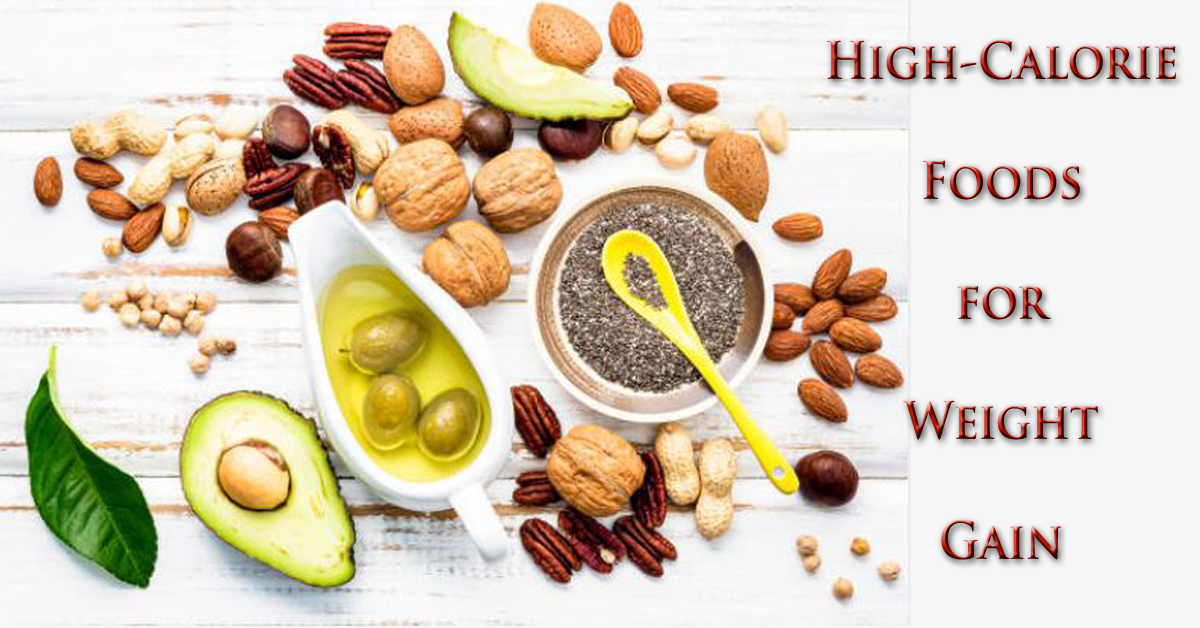Exploring 20+ Nourishing High-Calorie Foods for Weight Gain
In the quest to achieve weight gain, one encounters challenges akin to those faced during weight loss endeavors. According to Registered Dietitian, gaining weight can be particularly arduous for individuals with a fast metabolism, restricted diets, or poor appetite. However, introducing a selection of high-calorie foods into one’s diet can aid in weight gain while promoting muscle mass development. It is important to note that consistent strength training is advised to prevent excessive fat accumulation. Furthermore, incorporating these weight-gaining foods can enhance stamina and boost energy levels. Here, we present a comprehensive list of the top 21 high-calorie foods that can effectively contribute to weight gain.

Full-Fat Dairy
Whether one aims to gain or lose weight, full-fat milk is highly beneficial. When pursuing weight gain, the healthy fats, minerals, and protein present in whole or full-fat milk play a pivotal role. A cup (244 grams) of whole or full-fat milk provides 149 calories, 8 grams of protein, and 8 grams of fat. Combining full-fat milk with a protein supplement or whey protein powder, along with fruits like bananas or berries, can yield a highly effective high-calorie smoothie. Additionally, research conducted at McMaster University has shown that milk-based proteins offer superior benefits for muscle mass development compared to soy-based proteins.
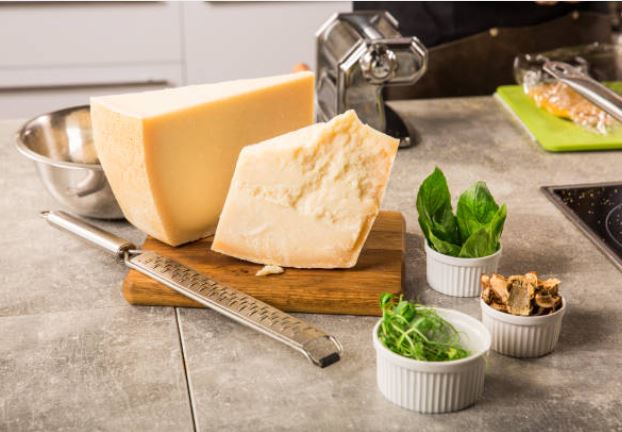
Peanut Butter
Peanut butter is renowned as one of the finest foods for weight gain. Just two tablespoons of peanut butter contain approximately 191 calories, 7 grams of protein, 16 grams of fat, and 7 grams of carbohydrates. Peanuts, being rich in protein and comprising all 20 amino acids essential for fortifying the immune system and building stamina, offer an excellent addition to any diet. While consuming nut butter as a snack or pairing it with fruit slices may not lead to significant weight gain, its regular inclusion can facilitate better weight control.
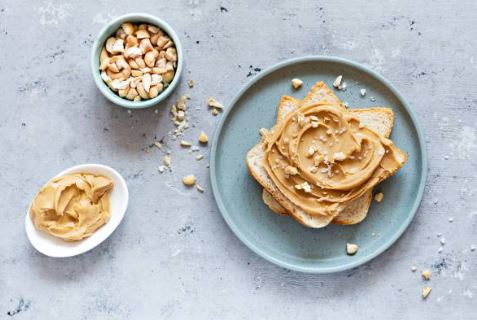
Banana
Bananas are abundant in dietary fiber, potassium, protein, vitamin A, vitamin C, folate, and healthy fats. A medium-sized banana (118 grams) provides 105 calories and 27 grams of carbohydrates. A study conducted on male cyclists suggests that the consumption of bananas enhances energy levels. Incorporating a banana into a breakfast meal alongside a cup of milk and a few nuts or blending it into a pre-workout smoothie can provide a power-packed start to the day.
Meat with Marbling and Skin
Animal protein stands out as one of the best sources of protein and serves as a prime high-calorie food for weight gain. Opting for meat that is marbled with fat and still has its skin intact is a favorable choice for healthy weight gain. Such meat varieties play a crucial role in a nutritious diet due to their beneficial fatty acid content, particularly high levels of oleic acid, which positively impacts health. Notably, highly marbled meats such as Wagyu and Hanwoo beef do not increase LDL cholesterol, making them viable additions to weight gain diets.

Rice
Rice serves as a cost-effective calorie booster. 100 grams of white rice provides 130 calories and 28 grams of carbohydrates, with minimal fat content. Microwaving a bowl of rice with a flavorful curry when time is of the essence can offer a quick and calorie-dense meal. Additionally, incorporating rice into stir-fries, casseroles, or grain bowls with protein and vegetables can provide a well-rounded and high-calorie option.
Potatoes and Other Starches
Incorporating potatoes into various dishes present a cost-effective means of increasing caloric intake. Potatoes and other starchy vegetables offer a wealth of carbohydrates, making them essential components of a healthy high-calorie foods list. Research demonstrates that the consumption of carbohydrate-rich foods alongside protein supplements aids in muscle mass development. Boiled, baked, or roasted potatoes serve as excellent vehicles for maximizing nutrient absorption.
Avocado
Avocado is a nutrient-dense fruit known for its healthy fats, vitamins, and minerals. One medium-sized avocado contains approximately 322 calories, 29 grams of fat, and 17 grams of carbohydrates. The monounsaturated fats in avocados can support weight gain while promoting heart health. Adding avocado slices to sandwiches, and salads, or blending them into smoothies can elevate the calorie content of your meals.

Nuts and Nut Butter
Nuts and nut butter are excellent sources of healthy fats, protein, and calories. Almonds, cashews, walnuts, and peanuts are particularly beneficial for weight gain. A small handful of nuts or two tablespoons of nut butter can provide around 200-300 calories. Snacking on nuts or spreading nut butter on toast, crackers, or fruit can help increase your calorie intake.
Olive Oil
Olive oil is a calorie-dense cooking oil that can be easily incorporated into various dishes. Just one tablespoon of olive oil contains approximately 120 calories, making it a calorie-dense addition to your meals or recipes. Using olive oil for sautéing vegetables, drizzling it over salads, or adding it to pasta dishes can add extra calories and healthy fats to your meals.

Dried Fruits
Dried fruits are concentrated sources of calories, vitamins, and minerals. Dates, raisins, prunes, and dried apricots are high-calorie options. A quarter cup of dried fruits can provide around 100-150 calories. Enjoying dried fruits as a snack or adding them to oatmeal, yogurt, or trail mixes can contribute to weight gain.
Dark Chocolate
Dark chocolate with a high cocoa content is a delectable treat that offers both enjoyment and calories. One ounce (28 grams) of dark chocolate contains approximately 170 calories. Choose dark chocolate with at least 70% cocoa for maximum health benefits. Enjoy a few squares as a dessert or melt it and drizzle it over fruits for a sweet and calorie-rich indulgence.

Granola
Granola is a mixture of rolled oats, nuts, dried fruits, and sweeteners. It is a calorie-dense food that can be enjoyed as a cereal, topping for yogurt, or incorporated into energy bars. Pay attention to portion sizes as granola can be high in sugar and fats. Look for options with less added sugar and more whole grains and nuts for a healthier choice.
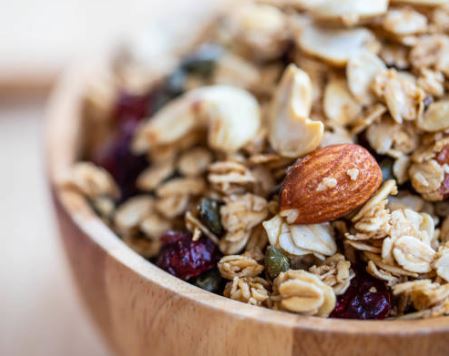
Coconut Milk
Coconut milk is a creamy and flavorful alternative to regular milk. One cup (240 ml) of canned coconut milk contains approximately 445 calories, mainly from its high-fat content. It can be used in cooking, baking, smoothies, or as a dairy substitute in various recipes to boost calorie intake.
Cheese
Cheese is a calorie-dense dairy product that is also a good source of protein and calcium. Different types of cheese vary in calorie content, but most offer around 100-150 calories per ounce (28 grams). Incorporate cheese into sandwiches, omelets, and pasta dishes, or enjoy it as a snack to add calories and flavor to your meals.
Whole Milk
Whole milk is a calorie-rich beverage that provides essential nutrients such as protein, fat, and calcium. A single cup (240 ml) of whole milk typically provides around 150 calories. Enjoy it on its own, use it in smoothies, or pour it over cereal to increase your calorie intake.
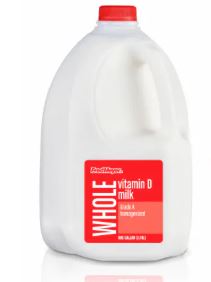
Quinoa
Quinoa is a versatile grain that is rich in protein and carbohydrates. One cup of cooked quinoa provides around 220 calories, along with essential amino acids and dietary fiber. Use quinoa as a base for salads, add it to soups, or serve it as a side dish to increase the calorie content of your meals.

Pasta
Pasta, such as spaghetti or penne, is a carbohydrate-rich food that can help increase calorie consumption. One cup of cooked pasta provides around 200-220 calories, depending on the type. Pair it with a calorie-dense sauce, add vegetables, and include a source of protein for a well-rounded meal.

Greek Yogurt
Greek yogurt is a protein-packed food that can be enjoyed as a snack or incorporated into meals. One cup (240 ml) of plain Greek yogurt offers around 150 calories and can be topped with nuts, seeds, or fruits for added flavor and calories.
Hummus
Hummus is a delicious spread made from chickpeas, tahini, olive oil, and various seasonings. It is a calorie-dense food that can be used as a dip or spread on sandwiches, wraps, or crackers. A serving of hummus, about two tablespoons, typically contains around 70 to 100 calories.
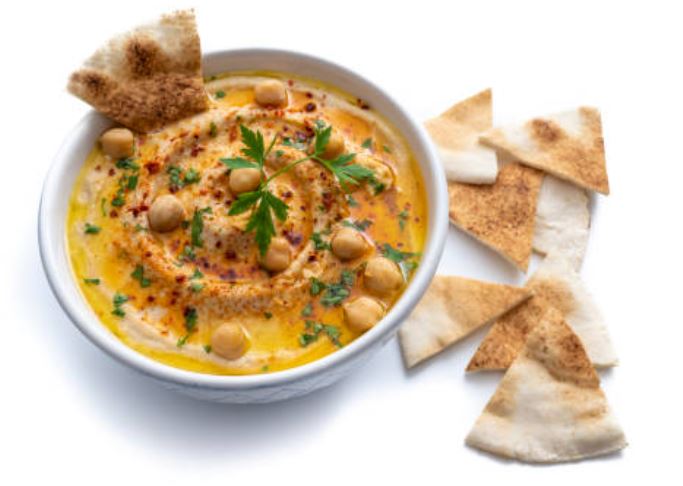
Smoothies
Smoothies are a versatile option for increasing calorie intake. By combining ingredients such as bananas, yogurt, nut butter, milk, protein powder, and fruits, you can create a high-calorie and nutritious beverage. Explore various combinations to discover your preferred flavors.
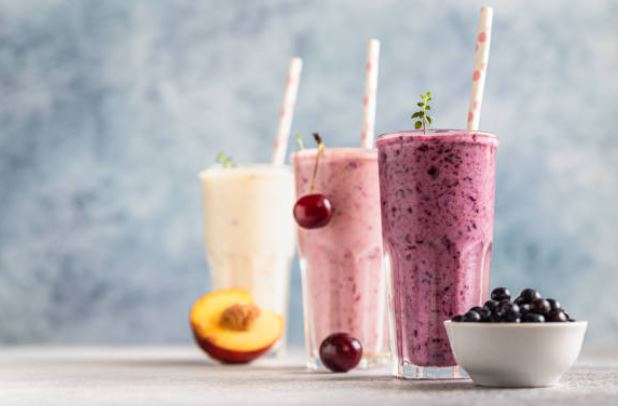
Energy Bars
Energy bars are convenient snacks that can be eaten on the go. Look for bars that are specifically designed for weight gain or provide a substantial amount of calories, protein, and healthy fats. Be mindful of added sugars and opt for bars with natural ingredients.
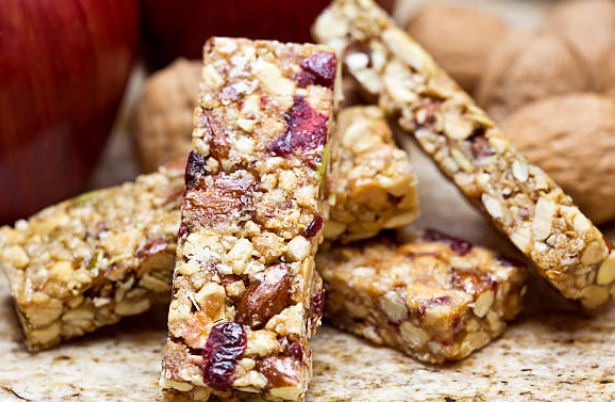
Trail Mix
Trail mix is a portable and calorie-dense snack that combines nuts, dried fruits, seeds, and sometimes chocolate or granola. It offers a good balance of healthy fats, carbohydrates, and protein. Keep a bag of trail mix handy for quick and calorie-rich snacking.

Nutritional Supplements
In certain situations, nutritional supplements may be recommended to support weight gain. These supplements can offer extra calories, protein, vitamins, and minerals. Consult a healthcare professional or a registered dietitian to determine if supplements are necessary and to find the most suitable options for your needs.

Calorie-Boosting Snacks
Incorporate calorie-dense snacks into your daily routine. Examples include cheese and crackers, peanut butter and banana sandwiches, yogurt with granola and honey, or a handful of mixed nuts. These snacks can contribute extra calories between meals and help meet your weight gain goals.
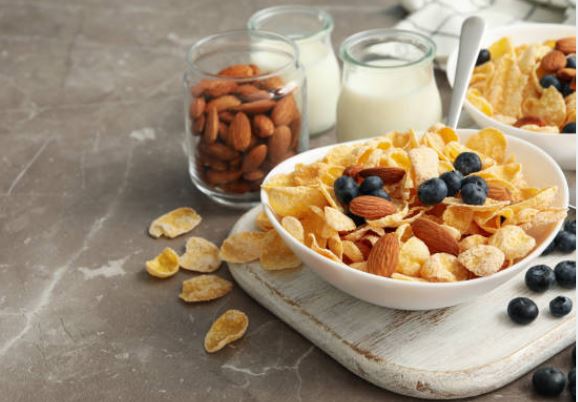
Cooking with Extra Oils and Fats
When preparing meals, consider using generous amounts of healthy oils, such as olive oil, coconut oil, or avocado oil. Adding these oils to stir-fries, roasted vegetables, or sautéed dishes can significantly increase the calorie content of your meals.
In Conclusion
Listen to your body’s hunger and fullness cues, and aim for a gradual and sustainable weight gain approach. It’s always beneficial to work with a healthcare professional or a registered dietitian who can provide personalized guidance based on your specific needs and goals.
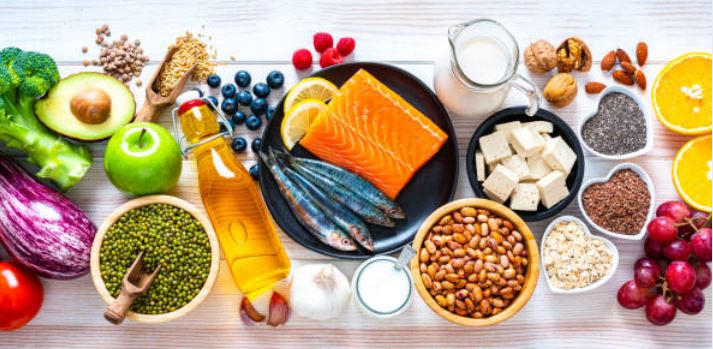
Remember, while these foods can be helpful for weight gain, it’s essential to maintain a balanced diet and incorporate them into a well-rounded meal plan. Seeking guidance and support from a healthcare professional or a registered dietitian can offer personalized advice and assistance in safely and effectively achieving your weight gain goals.
Read Also: Do you want toned legs?
To Read Further: Click Here!

